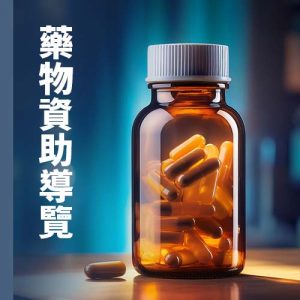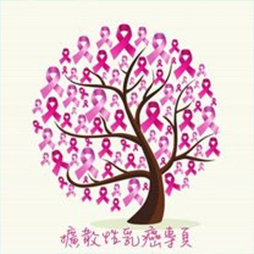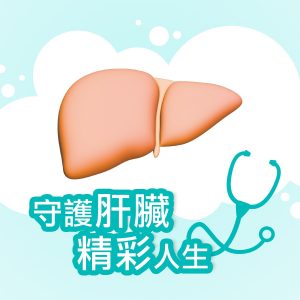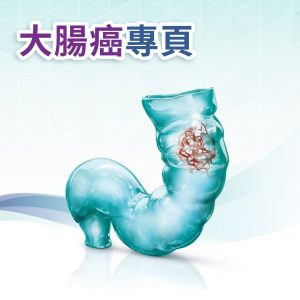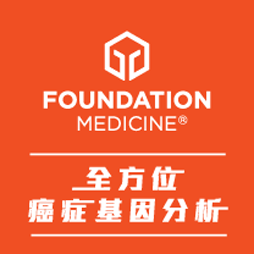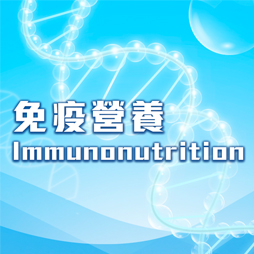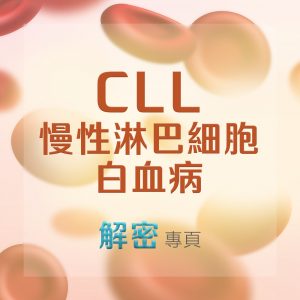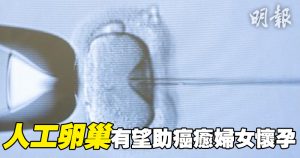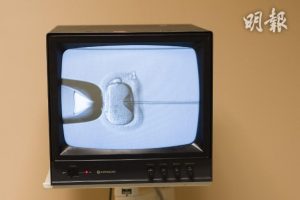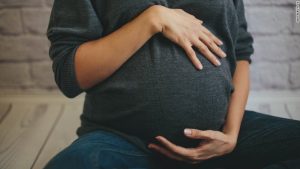
文章
醫療新知 >
丹麥人工卵巢新科技 可望協助癌癒婦女懷孕 / Artificial ovaries could help young cancer patients preserve their fertility, and this is a game-changer
丹麥人工卵巢新科技 可望協助癌癒婦女懷孕 / Artificial ovaries could help young cancer patients preserve their fertility, and this is a game-changer
城中活動
2025-08-24 2:30 下午
「癌症病人北上就醫」講座
2025-08-02 2:00 下午
【癌症講座】肝癌營養知多D
2025-07-27 2:30 下午
肝好有您:健康講座與乙肝快測
疑難排解
我們有一群專業的醫護人員及相關朋友,隨時解答大家的疑難,立即提交疑問!
會員註冊
成為會員,可以第一時間接收由病患者和照顧者角度出發的資訊,立即行動!
或許你會想看
李嘉誠基金會向英國劍橋大學、美國史丹福大學捐贈「無創組織碎化治療」Histotripsy 儀器 李嘉誠:「救人一命,勝造七級浮屠」
李嘉誠基金會近日先後向英國劍橋大學及美國史丹福大學醫學院捐贈兩部革命性的「肝癌無創組織碎化治療」Histotr […]
阿斯利康與香港科技大學簽署合作備忘錄 攜手推動生命科學及醫療創新
阿斯利康與香港科技大學簽署合作備忘錄 攜手推動生命科學及醫療創新 將人工智能應用於生命科學領域 開發癌症及代謝 […]
胃癌治療新發展 研究:SOX兩藥組合助改善胃癌患者存活率
胃癌是常見的癌症之一,全球每年有近100萬宗新症,而香港所在的東亞地區更屬高發病地帶,但礙於患病症狀與一般胃部 […]
養和於「亞洲醫療健康高峰論壇 2025」促全球協作推醫學創新 與聯影攜手共創醫學影像嶄新里程
(2025 年 5 月 27 日-香港)養和醫療集團(養和)擁有全球頂尖技術和設備,優質服務超越一百年,致力推 […]
中大領導國際研究證實內地研發藥物D3S-001抗癌成效 有效治療肺癌、結直腸癌、胰腺癌等多種實體腫瘤
由香港中文大學(中大)醫學院領導的跨國團隊,進行了一項臨床研究,證實內地研發的新一代KRAS-G12C抑制劑D […]
2024 養和癌症治療學術研討會 聚焦癌症治理新突破
(2024 年 12 月 31 日,香港)由養和癌症中心主辦的第六屆「養和癌症治療學術研討會」(下稱「研討會」 […]
【大腸癌治療】後線晚期大腸癌系列:聯合治療為患者重燃新曙光 |謝耀昌醫生
大腸癌是本港三大常見癌症之一,2024年發表的最新癌症統計顯示,腸癌新症數目高達5,190宗,死亡個案達2,2 […]
中大醫學院獲李嘉誠基金會捐贈亞洲首台 Histotripsy 2.0 系統 共 30 名患者獲資助接受組織碎化技術治肝癌
香港中文大學(中大)醫學院獲李嘉誠基金會(基金會)捐贈亞洲首台 Histotripsy 2.0 系統,將於明年 […]
港大醫學院統合分析指高危EB病毒譜系與南中國鼻咽癌風險密切相關
香港大學李嘉誠醫學院(港大醫學院)研究團隊發現,特定的EB病毒(Epstein-Barr virus)變異體與 […]
【預防HPV】衞生署十二月二日開展人類乳頭瘤病毒疫苗補種計劃(第一階段)
衞生署十一月六日公布,將於十二月二日開展一次性人類乳頭瘤病毒(HPV)疫苗(又稱子宮頸癌疫苗)補種計劃(第一階 […]
【免費肺癌篩查計劃】癌症資訊網慈善基金啟動新一輪免費肺癌篩查計劃 擴大名額助高風險人士早期發現肺癌 提高治癒機會
癌症資訊網慈善基金啟動新一輪免費肺癌篩查計劃 擴大名額助高風險人士早期發現肺癌 提高治癒機會 【2024年11 […]
【癌症治療】充份理解進行免疫細胞治療所面對的風險
近月有藝人分享前往泰國進行免疫細胞治療 再次引起社群、同路人之間的討論 香港主要是緊隨 FDA 的指引,只有C […]





